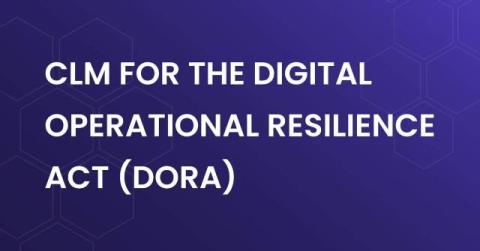DORA Compliance - An Opportunity for MSPs
For Managed Service Providers (MSPs) in the EU, who serve financial organizations, DORA regulatory compliance is a hot topic. The DORA (Digital Operational Resilience Act) is a new regulation that came into force on Jan 17th, 2025, aimed at ensuring the operational resilience of financial entities in the EU, focusing on technology risk management and minimizing disruptions in critical services.











